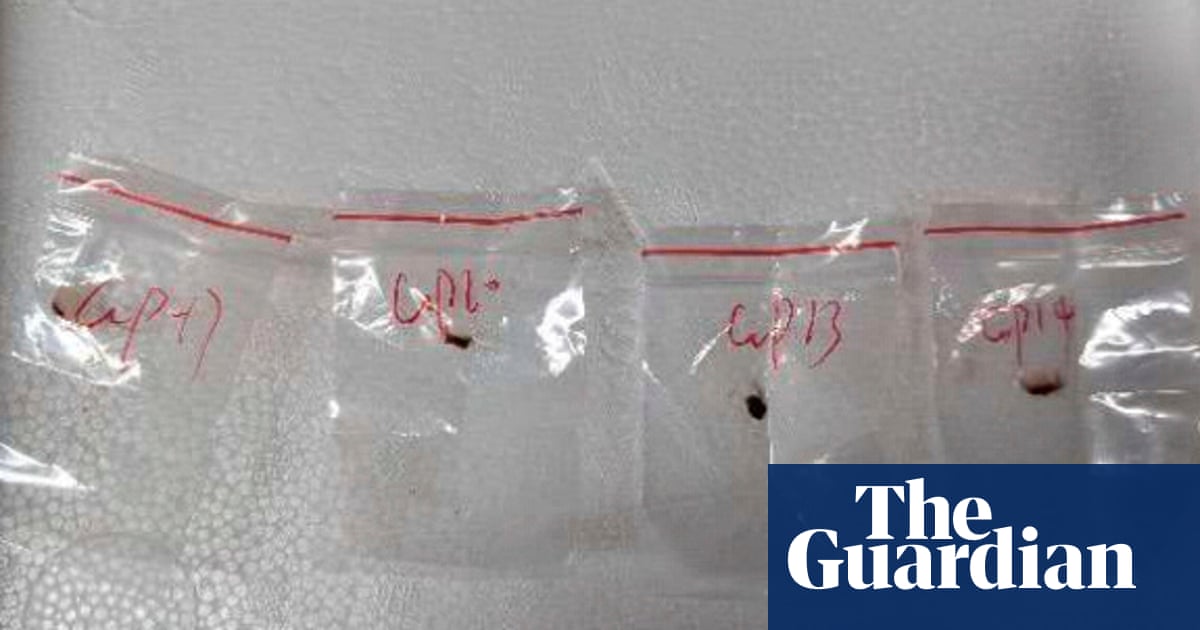The recent arrest of a Chinese scientist at a Detroit airport has raised significant concerns regarding the smuggling of biological materials into the United States. This incident marks the second such case in a short span of time, suggesting a potential pattern that authorities are keen to address. The implications of this event extend beyond the individual case, illuminating broader tensions between the US and China, particularly in the realm of scientific research and national security.
Underlying Intentions Behind the Report
The report aims to highlight the dangers associated with smuggling biological materials, emphasizing a narrative that underscores national security concerns. By framing the scientist's actions as a threat, the article seeks to instill a sense of vigilance among the public regarding foreign involvement in US research institutions. This aligns with a broader strategy of scrutinizing foreign scholars, particularly from China, fostering a climate of suspicion.
Public Perception and Implications
The article may contribute to a growing perception that foreign scientists, especially from China, pose risks to national security. This could lead to increased scrutiny of not only individual researchers but also academic collaborations with Chinese institutions. The narrative may resonate particularly with communities that prioritize national security and are wary of foreign influence in sensitive areas such as biotechnology.
Potential Information Omission
While the article discusses the arrest and the legal proceedings, it does not delve deeply into the specific nature of the biological material involved or the actual risks it may pose. This omission could lead to public misunderstanding about the severity of the situation, potentially inflating fears around scientific collaboration with foreign nationals.
Manipulative Nature of the Report
The article exhibits a moderate level of manipulative tendencies, primarily through its language and framing. By emphasizing terms like "smuggling" and "threats to security," the report cultivates a narrative that could be perceived as targeting the broader Chinese scientific community. Such language can deepen existing biases and fears, especially in a geopolitical context increasingly characterized by competition and suspicion.
Trustworthiness of the Report
In terms of reliability, the report largely relies on official sources such as the FBI and US Customs and Border Protection, which lends it a degree of credibility. However, the lack of detailed context about the biological materials and their potential risks diminishes its overall trustworthiness. Readers are left to form conclusions based on limited information, which can lead to misinformation.
Connections to Other News
This incident is closely tied to previous reports of Chinese scientists facing legal issues in the US, particularly concerning allegations of smuggling toxic substances. The continuity of these stories suggests a deliberate focus on national security and foreign threats in the media narrative, reflecting a broader trend in how such cases are reported.
Impact on Society and Economy
The implications of this arrest extend into societal and economic realms. Increased scrutiny of foreign researchers could deter talented individuals from pursuing opportunities in the US, potentially stifling innovation. Moreover, it could create a chilling effect within academic circles, leading to reduced collaboration across borders.
Community Response
The narrative presented may garner support from nationalistic groups or individuals who prioritize security over international collaboration. Communities wary of foreign influence in scientific research are likely to resonate with the concerns raised in the article.
Market and Global Influence
The ramifications of this news could resonate within stock markets, particularly affecting companies involved in biotechnology and research. The heightened scrutiny of foreign scientists may lead to shifts in investment strategies, with stakeholders wary of potential disruptions in research collaborations.
Geopolitical Context
This incident highlights ongoing geopolitical tensions between the US and China, particularly in the fields of science and technology. It reflects current global concerns regarding intellectual property and the security of sensitive research, resonating with broader discussions about national competitiveness.
Use of AI in Reporting
While the article does not explicitly indicate the use of AI in its composition, the structured nature of the report and the emphasis on specific narratives suggest that AI models may have been utilized to shape its framing. This could include focusing on certain keywords or themes to align with current media trends.
In conclusion, the arrest of the Chinese scientist in this context serves multiple purposes, highlighting national security concerns while potentially misconstruing the nature of scientific collaboration. The report's manipulative tendencies and its alignment with existing narratives about foreign threats necessitate a careful reading to prevent misinformation.
